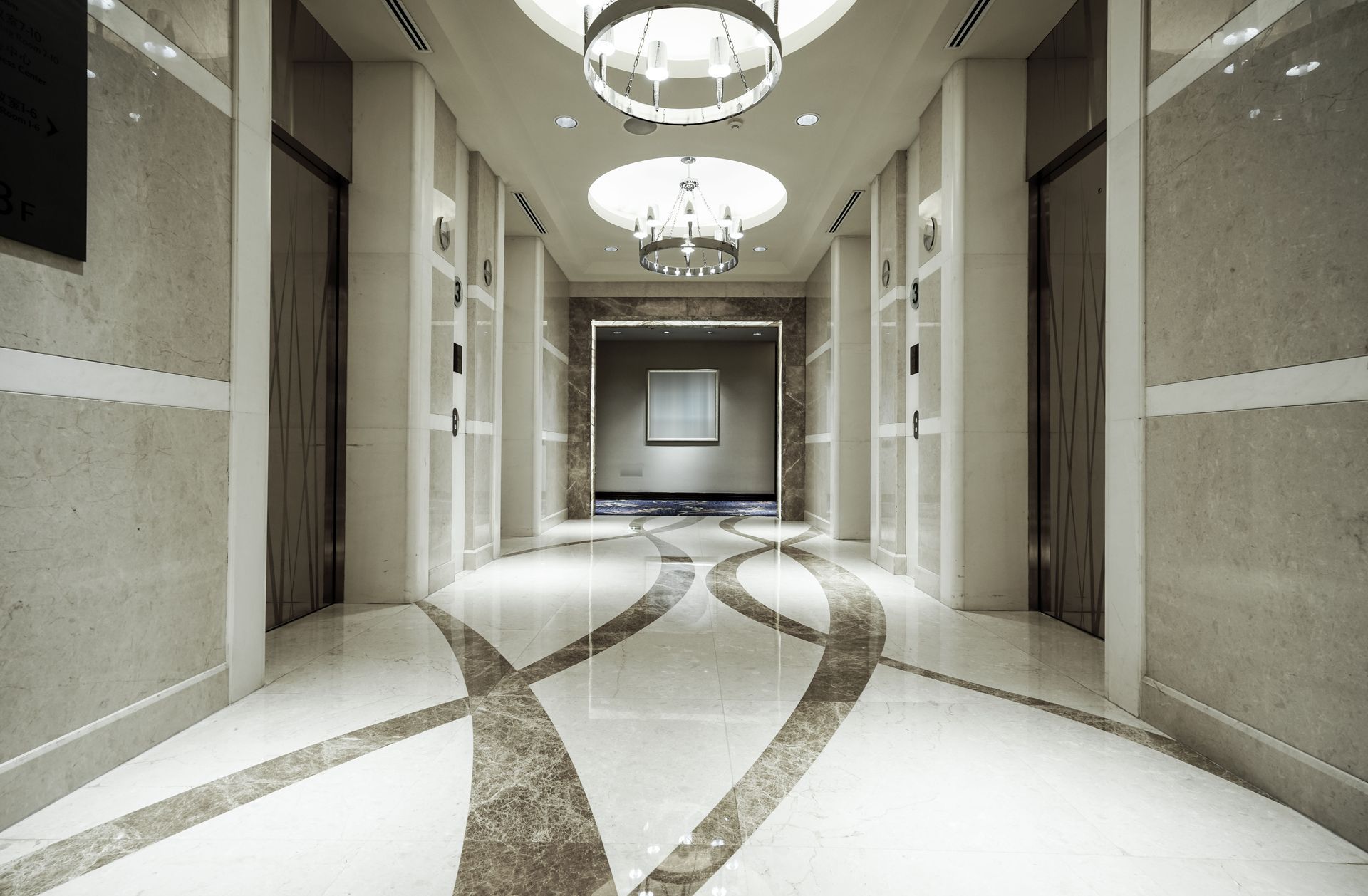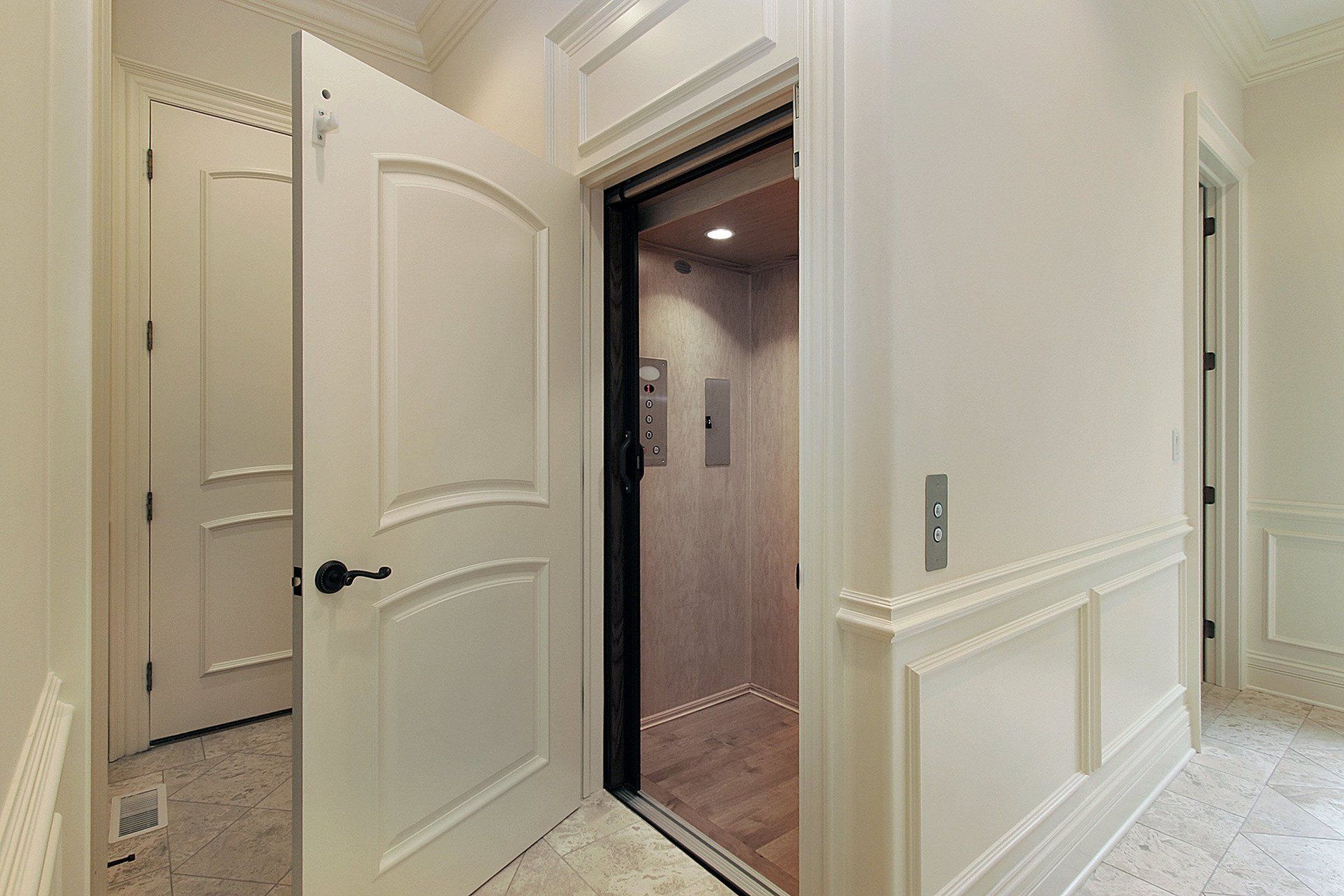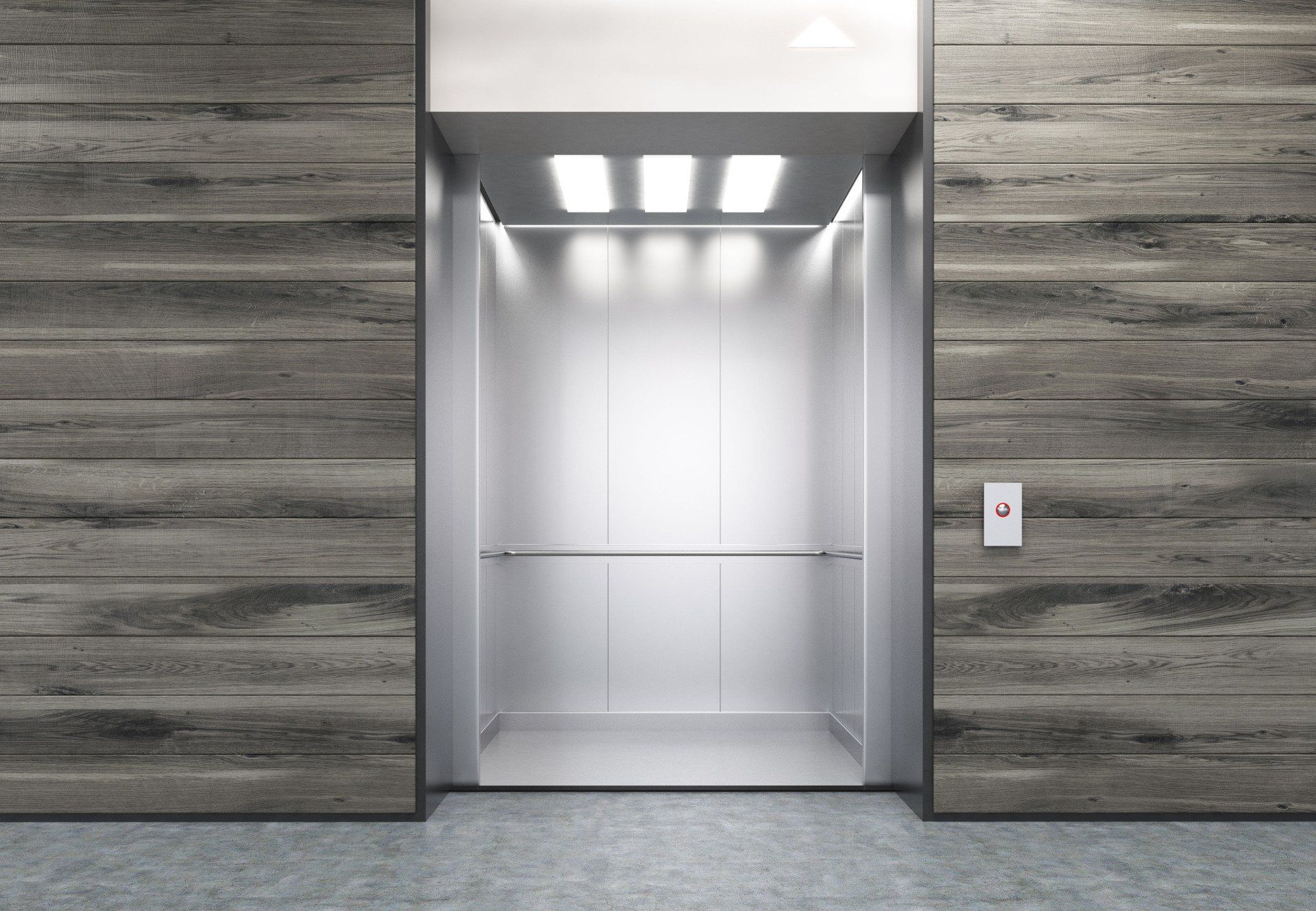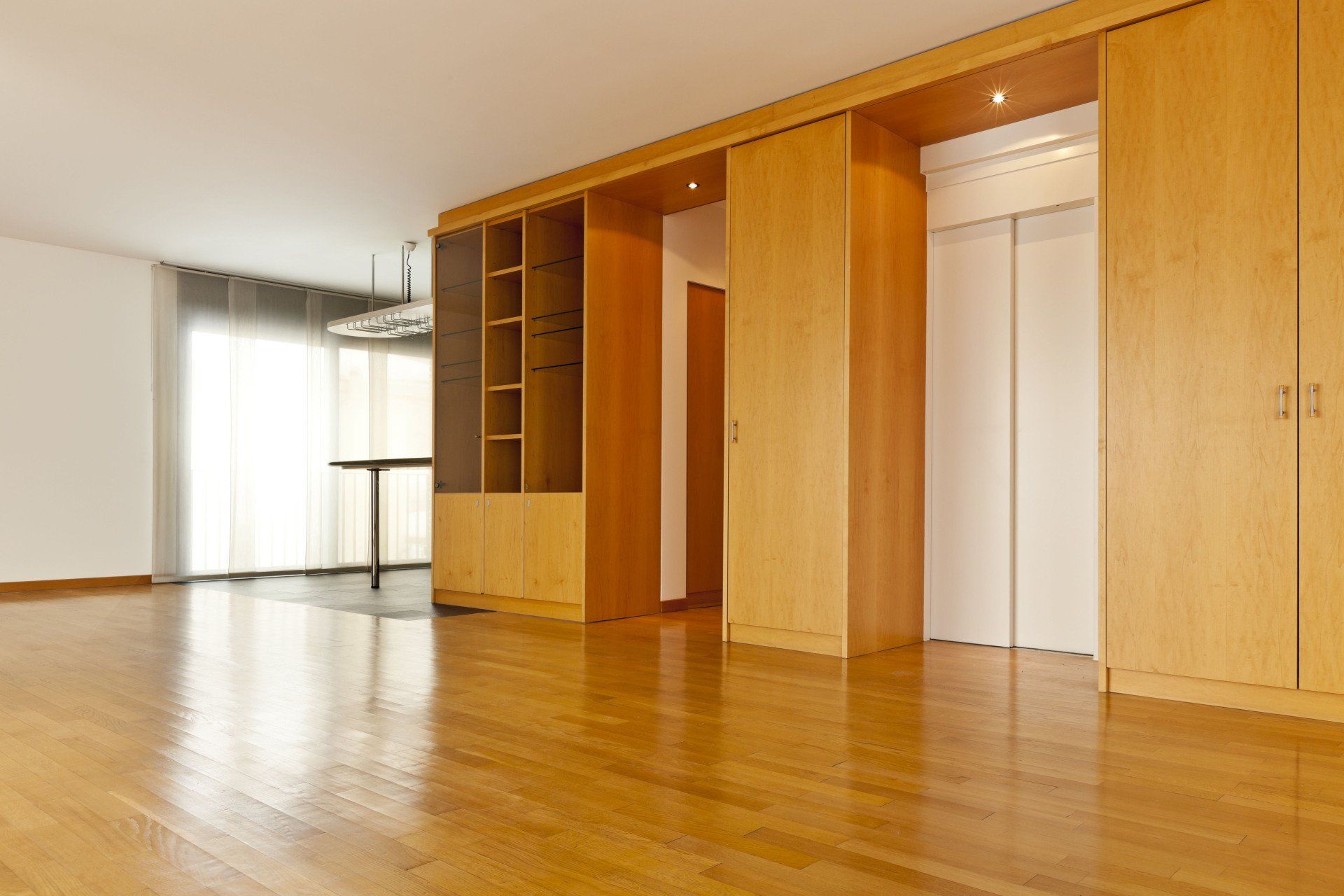Do You Need Residential Elevator Repair? Watch for These Signs
Residential elevators are a convenient addition to modern homes, providing seamless access to multiple floors and adding a touch of luxury. But like all mechanical systems, they don’t run perfectly forever. Regular maintenance is essential—and sometimes, professional repairs are too. Ignoring early signs of wear can lead to frustrating breakdowns or, worse, safety hazards. So, how can you tell when it's time to schedule a residential elevator repair?
Listen for New or Unusual Noises
It might start with a faint squeal or an unexpected clunk when the elevator moves—but don’t ignore it. If your home elevator is making new or unusual noises, it could be a sign that parts are wearing out or that lubrication is running low. Grinding, squeaking, or knocking sounds often point to internal components that are no longer operating smoothly. Catching these issues early through residential elevator repair can prevent much larger (and more expensive) problems later on.
Notice Performance Changes
Does your elevator feel slower than usual? Are the stops and starts more abrupt than they used to be? These are signs the system might not be functioning correctly. Delayed movement, jerky rides, or inconsistent performance can all indicate trouble with the motor, electrical components, or control system. Regular maintenance can help—but if these issues persist, it’s time to consider residential elevator repair. According to HomeAdvisor, home elevators provide an ROI of about 50% and can increase home value by 10% to 20%—so keeping yours running smoothly is a smart move for your comfort and your property value.
Watch for Physical Wear or Damage
Sometimes, the clues are right in front of you. Doors that don’t shut fully, panels that look loose, or scuffed and dented cabs all point to wear that shouldn’t be ignored. Physical damage may not just affect the elevator’s appearance—it could impact its functionality and safety, too. If something looks off, it’s worth getting it checked. Residential elevator repair is about more than just fixing what’s broken—it’s about keeping your home safe and your daily routine stress-free.
In short, your home elevator should work quietly, consistently, and smoothly. If it doesn’t, don’t brush off the warning signs. Schedule a residential elevator repair before small issues become major disruptions. Need help keeping your home elevator in top shape? Contact Panhandle Elevators Inc today.







